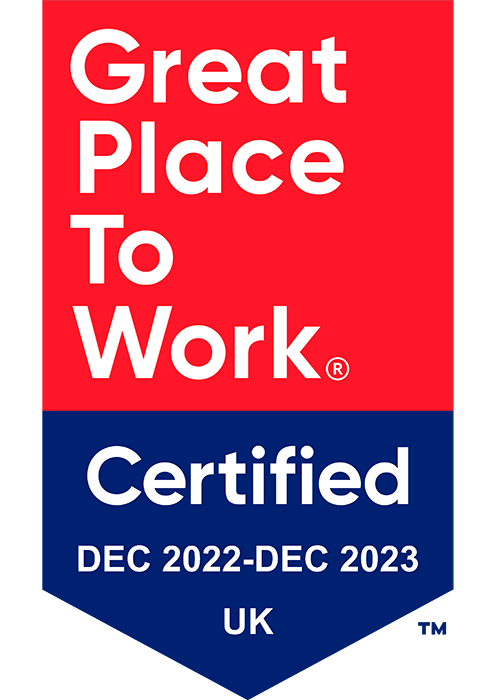While all employees expect to be able to work safely, in some industries, organisations or professions, there are additional workplace hazards. For these, Health and Safety at Work laws require workplace health surveillance.
In 2021/22, HSE reported that 36.8 million working days were lost in the year because of work-related illness or injury. For employers, it’s estimated that work-related ill health and injuries cost £18.8 billion a year. So, whether from an employee-first approach, a legal standpoint or from a critical business decision, organisations where employees are exposed to hazards must adopt workplace health surveillance. So, what is health surveillance in the workplace, and why is it important?
Workplace health surveillance: a definition
Workplace health surveillance is the process of assessing, recording, reviewing and analysing workplace health-related data. With this data, employers can quickly detect work-related hazards, illnesses and injuries to prevent them from causing harm or becoming more serious.
With this workplace data, organisations can quickly spot hazardous working practices and improve working conditions or processes for a safer, healthier workplace.
How does workplace health surveillance work?
Workplace health surveillance involves systemic monitoring of employee health at regular intervals. With this, employees may have to complete regular self-checks, complete questionnaires, or undergo medical examinations to keep health records up to date. From this, employers can identify risks in the workplace and address any hazardous processes.
Who needs workplace health surveillance?
Organisations, where employees are subjected to potential hazards or dangerous substances, will require health surveillance; this includes workers exposed to;
- Dust, fumes, asbestos, lead or other hazardous substances
- Solvents and biological agents
- Ionising radiation
- Commercial diving or those working in compressed air
- Noise or vibration.
What data is collected in workplace health surveillance?
Through regular intervals, data collected in health surveillance includes;
- Exposure monitoring – tracking of hazardous substances
- Medical screenings – for both physical and mental health
- Injury and illness data – recording all workplace incidents
- Occupational health history – looking for previous risk factors
How does workplace health surveillance benefit organisations?
Legal compliance
While it is not a legal requirement for all industries and organisations, it is required by law for those exposed to hazardous substances or activities. Adopting a robust health surveillance system can help to ensure legal compliance and prevent fines or further sanctions.
Reduced staff absence
Proactive monitoring and improving workplace conditions can help to reduce the risks of potential hazards and therefore reduce the risk of workplace illness and injury. This can not only increase productivity for the organisation but also reduce the cost of staff absence too.
Organisation-wide learning and improvement
Workplace surveillance helps to make all members of the team proactive when it comes to improving the health and safety of business activities. It keeps improvement at the forefront of people’s minds so that continual learning takes place and workplace safety training is not simply lip service.
If you need support with regular workplace health surveillance, get in touch with the team for a free consultation.


